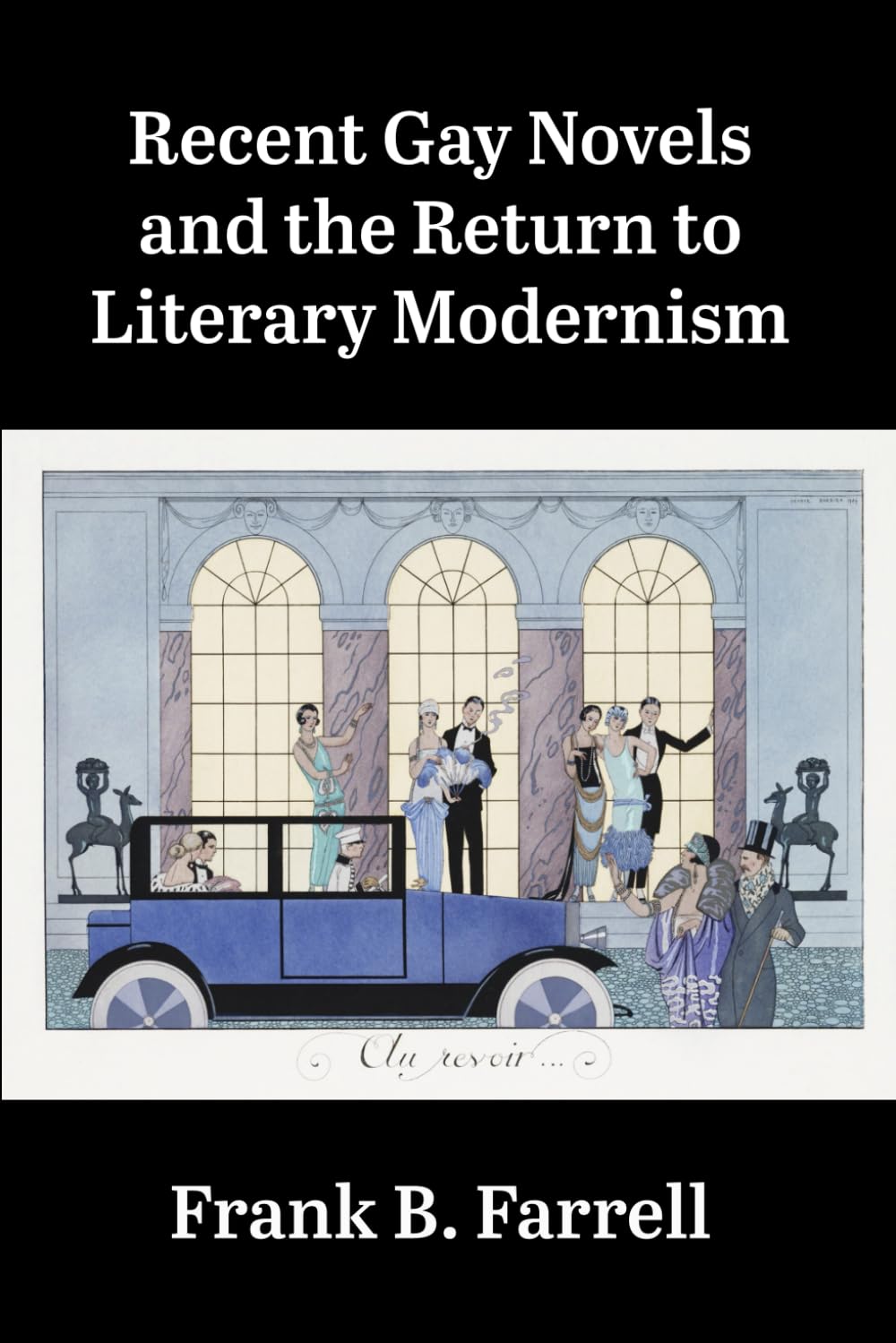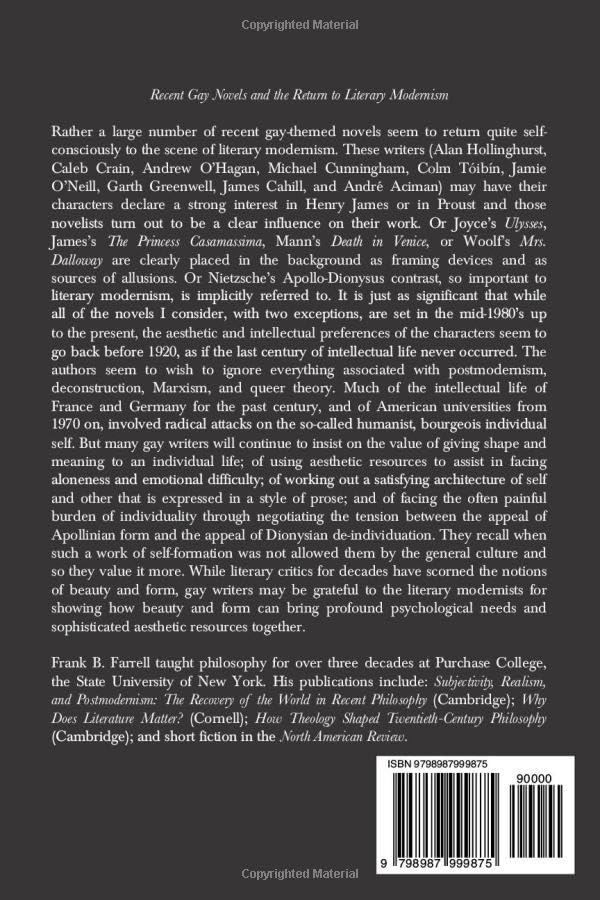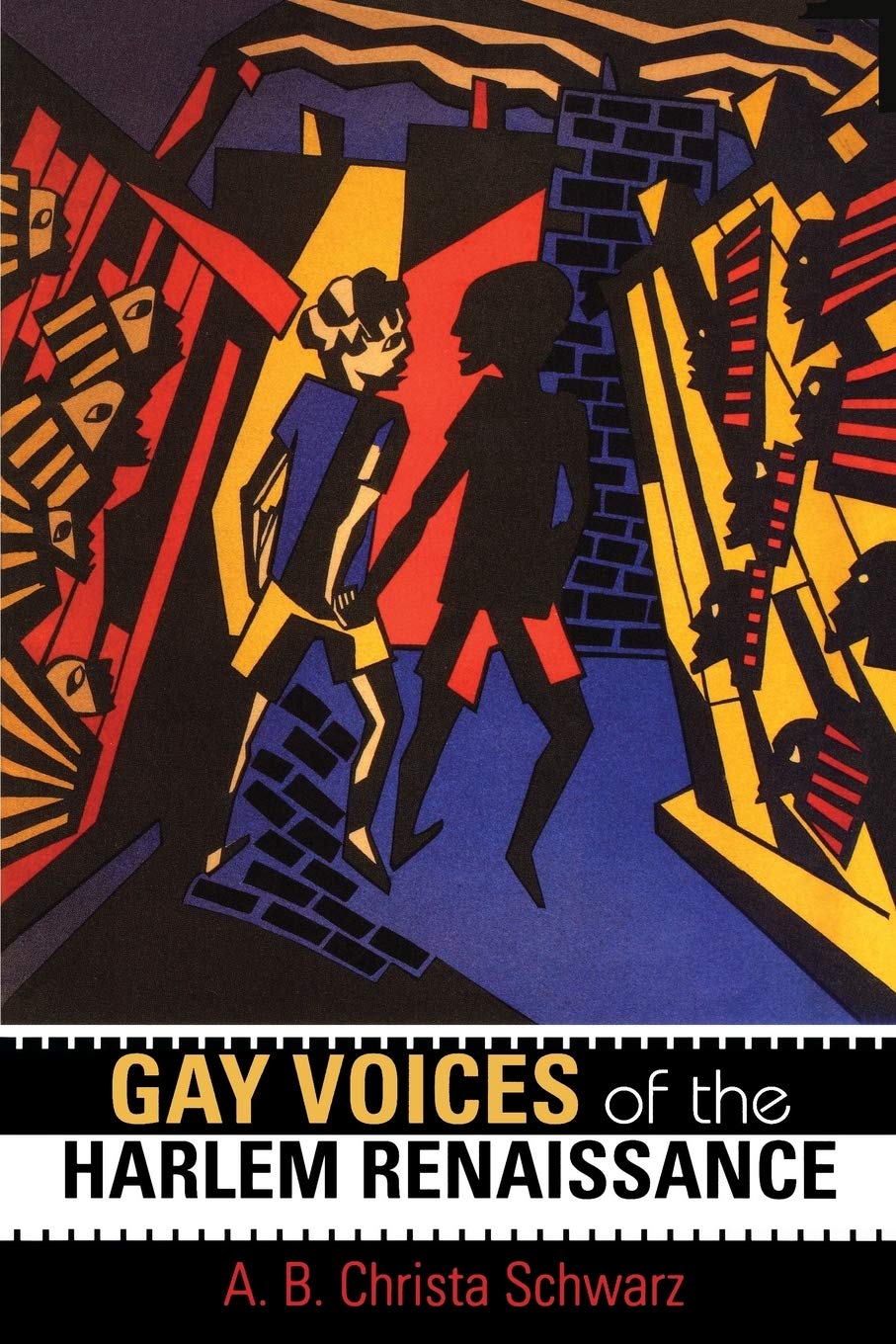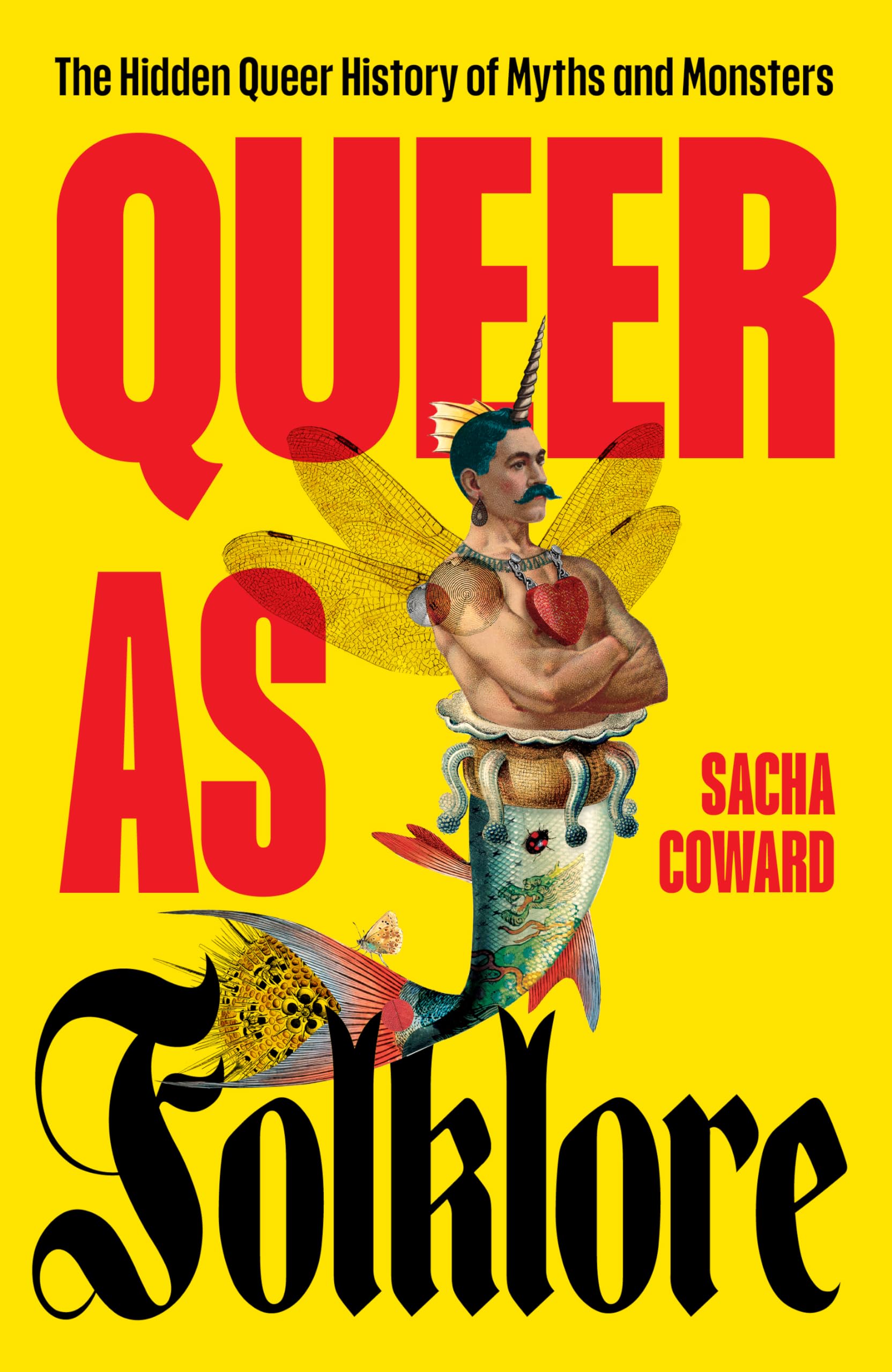Rather a large number of recent gay-themed novels seem to return quite self-consciously to the scene of literary modernism. These writers (Alan Hollinghurst, Caleb Crain, Andrew O’Hagan, Michael Cunningham, Colm Toibin, Jamie O’Neill, Garth Greenwell, James Cahill, and Andre Aciman) may have their characters declare a strong interest in Henry James or in Proust and those novelists turn out to be a clear influence on their work. Or Joyce’s Ulysses, James’s The Princess Casamassima, Mann’s Death in Venice, or Woolf’s Mrs. Dalloway are clearly placed in the background as framing devices and as sources of allusions. Or Nietzsche’s Apollo-Dionysus contrast, so important to literary modernism, is implicitly referred to. It is just as significant that while all of the novels I consider, with two exceptions, are set in the mid-1980’s up to the present, the aesthetic and intellectual preferences of the characters, including the writers and composers they prefer, seem to go back before 1920, as if the last century of intellectual life never occurred. The authors seem to wish to ignore everything associated with postmodernism, deconstruction, Marxism, and queer theory. Why should these writers (all but two of them are gay) make such a move? Much of the intellectual life of France and Germany for the past century, and of American universities from 1970 on, involved radical attacks on the so-called humanist, bourgeois individual self. But many gay writers will continue to insist on the value of giving shape and meaning to an individual life; of using aesthetic resources to assist in facing aloneness and emotional difficulty; of working out a satisfying architecture of self and other that is expressed in a style of prose; and of facing the often painful burden of individuality through negotiating the tension between the appeal of Apollinian form and the appeal of Dionysian de-individuation. They recall when such a work of self-formation was not allowed them by the general culture and so they value it more. While literary critics for decades have scorned the notions of beauty and form, gay writers may be grateful to the literary modernists for showing how beauty and form can bring profound psychological needs and sophisticated aesthetic resources together.
Recent Gay Novels and the Return to Literary Modernism
$9.09
This book provides a critical analysis of modern literature, enhancing a student’s understanding of literary theory and history.







Reviews
There are no reviews yet.